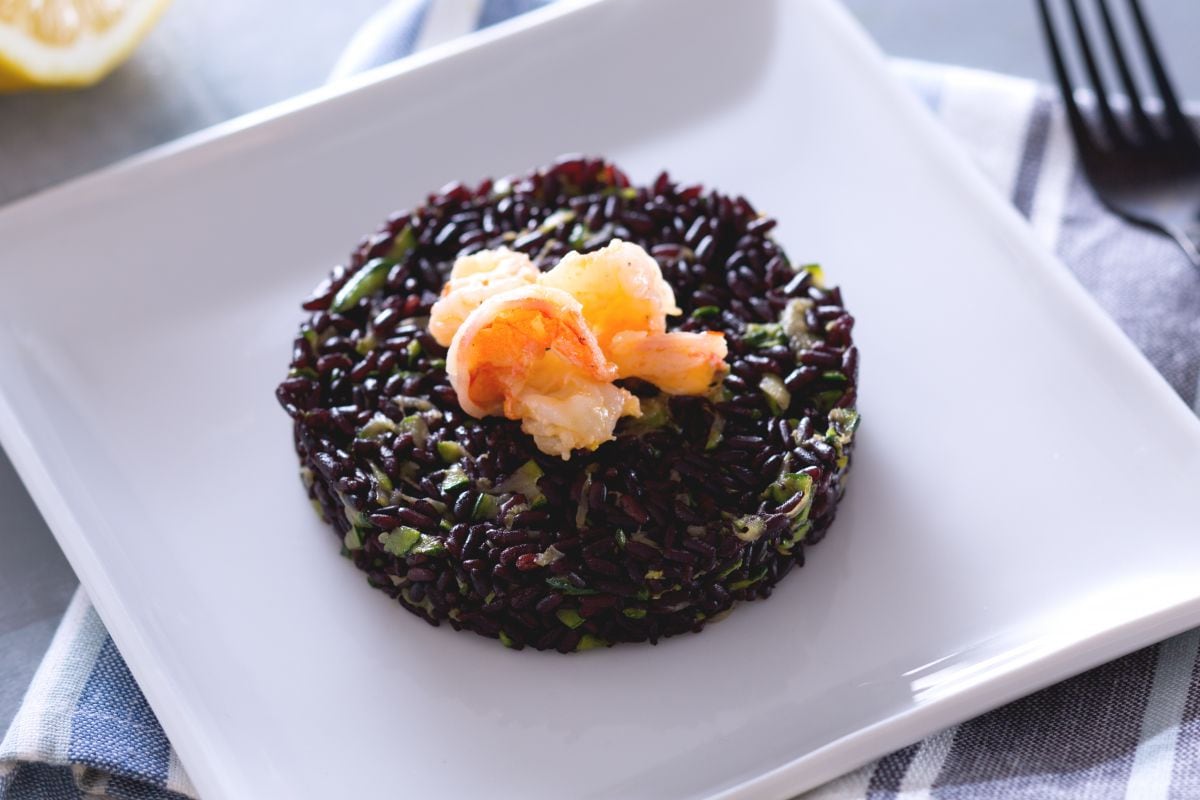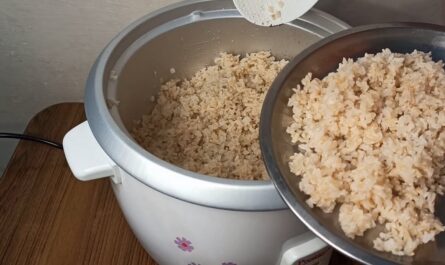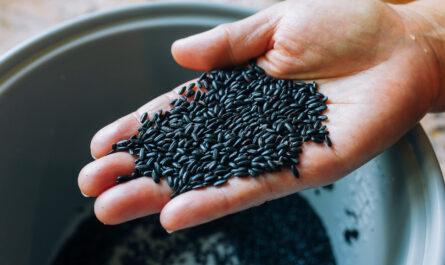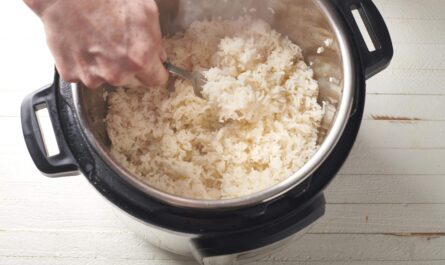When it comes to rice, both black rice and basmati rice have captured the attention of food enthusiasts and health-conscious individuals alike. While sushi lovers might often lean towards one type, understanding the unique qualities of each can help make informed decisions about their culinary and nutritional preferences. This article delves into the nuanced differences between these two rice varieties, offering insights into their benefits and uses.

Origins of Black Rice and Basmati Rice
Black Rice: A Historical Perspective
Known as ‘forbidden rice’ in ancient China, black rice was once reserved exclusively for royalty. Its deep, dark color and rich nutritional profile have made it a staple in many Asian cuisines. Today, its celebrated not only for its taste but also for its health benefits.
Basmati Rice: The Fragrant Jewel
Basmati rice is often associated with the aromatic and flavorful dishes of South Asia. Its long grains and distinct fragrance have made it a favorite in kitchens worldwide. Cultivated primarily in India and Pakistan, basmati rice is known for its versatility and unique cooking properties.
Nutritional Profile Comparison
Black Rice: The Nutrient Powerhouse
Rich in antioxidants, particularly anthocyanins, black rice boasts numerous health benefits. It is high in fiber, vitamins, and minerals, making it a great choice for those seeking a nutrient-dense food option. Studies have shown that black rice may help in reducing the risk of chronic diseases.
Basmati Rice: Balanced Nutrition
While not as nutrient-dense as black rice, basmati rice offers a good balance of carbohydrates and protein. It is lower in calories and has a lower glycemic index compared to other rice types, making it a suitable option for those managing their blood sugar levels.
Culinary Uses and Recipes
Cooking with Black Rice
Black rice’s unique texture and flavor make it a versatile ingredient in various dishes. From salads to desserts, its nutty taste adds depth to any meal. For sushi lovers, incorporating black rice into sushi rolls can offer a delightful twist. Check out our black rice soup recipe for a flavorful experience.
Basmati Rice in Traditional Dishes
The long grains and fragrant aroma of basmati rice make it ideal for traditional dishes like biryani and pilaf. Its ability to absorb flavors makes it a perfect base for richly spiced meals. Whether served as a side or a main, basmati rice complements a variety of cuisines.
Health Benefits
Black Rice: A Health Booster
Beyond its culinary appeal, black rice is known for its potential health benefits. Its high antioxidant content may aid in cancer prevention and weight management. For more on how black rice contributes to health, explore our article on black rice and cancer prevention.
Basmati Rice: Heart-Healthy Choice
With its lower glycemic index, basmati rice supports heart health and helps in maintaining steady blood sugar levels. It provides a good source of energy without the unwanted spikes, making it a heart-friendly option.
Environmental Impact and Sustainability
Black Rice Cultivation
While black rice cultivation is not as widespread, it is typically grown using sustainable practices. Its growth often supports biodiversity and eco-friendly farming methods.
Basmati Rice Farming Practices
Basmati rice farming is concentrated in specific regions, often requiring significant water resources. However, efforts are being made to adopt more sustainable practices to reduce the environmental footprint of its cultivation.
Price and Availability
Both black rice and basmati rice are available in most supermarkets and online stores. However, black rice tends to be more expensive due to its limited production and higher demand. Basmati rice, on the other hand, is more readily available and generally more affordable.
Black Rice vs Basmati Rice: Which to Choose?
The choice between black rice and basmati rice ultimately depends on personal preferences and dietary needs. Those seeking a nutrient-rich option might lean towards black rice, while those looking for a low-calorie, aromatic choice might prefer basmati rice. Experimenting with both can lead to delightful culinary discoveries.

Frequently Asked Questions
What is the main difference between black rice and basmati rice?
The main difference lies in their nutritional content, flavor, and texture. Black rice is more nutrient-dense, while basmati rice is known for its aroma and long grains.
Can black rice be used for sushi?
Yes, black rice can be used for sushi, offering a unique twist to traditional sushi rolls with its nutty flavor and striking color.
Which rice is better for weight loss?
Both black rice and basmati rice can be part of a weight loss diet. However, black rice’s higher fiber content may aid in satiety, while basmati rice’s lower glycemic index helps in managing blood sugar levels.
For more insights on the benefits of black rice in various cuisines, visit our articles on black rice in Thai food and black rice in Italian cuisine. Additionally, explore the health benefits of black rice in this comprehensive article.
This article contains affiliate links. We may earn a commission at no extra cost to you.




